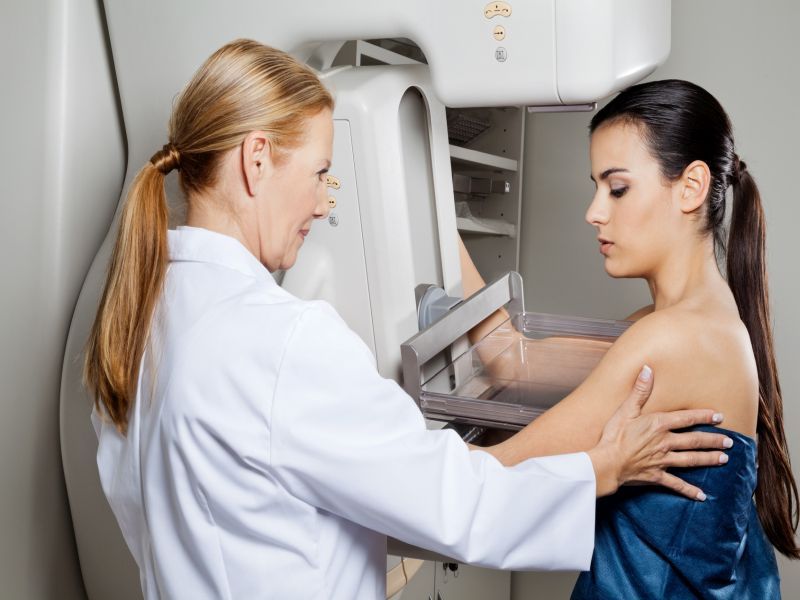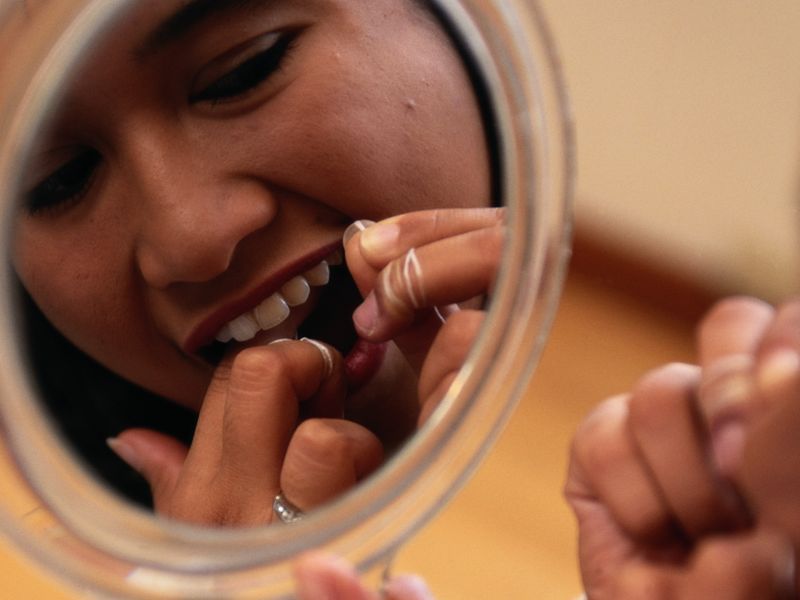
Many people may have postponed cancer screenings during the coronavirus pandemic, but a major medical group says now is the time to catch up. The American College of Surgeons Commission on Cancer is urging people to resume recommended cancer screenings to prevent further delays that could lead to diagnosis after a cancer is more advanced.… read on > read on >






























